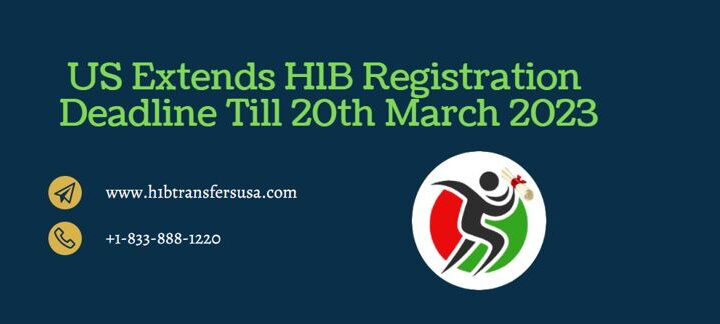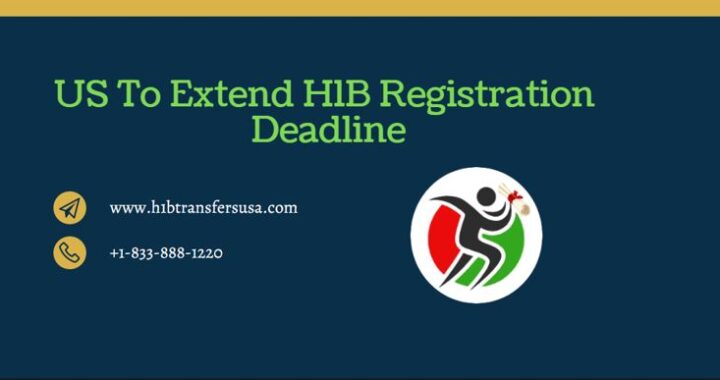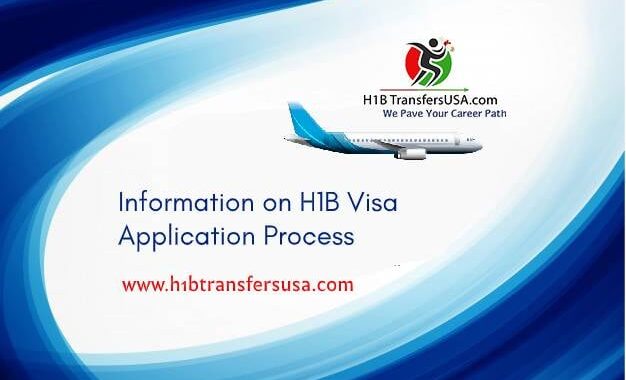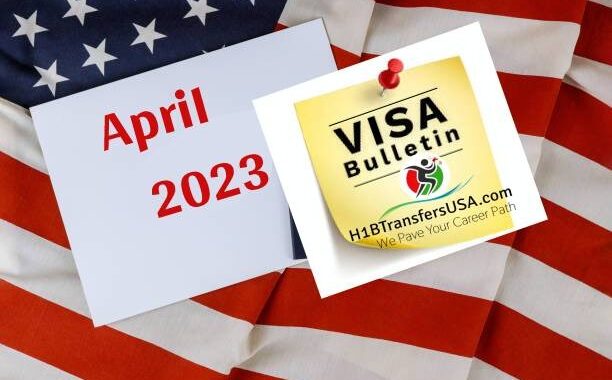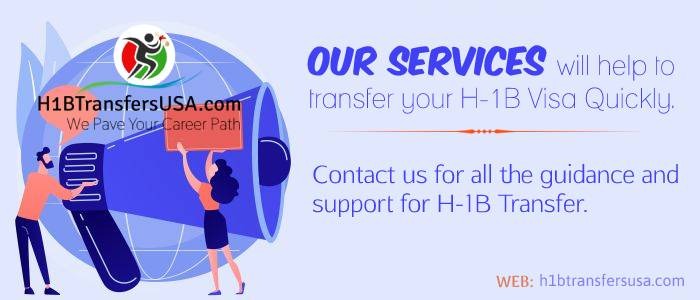CIS Ombudsman Provides USCIS Contact Center Tip Sheet
3 min read
The Office of the Citizenship and Immigration Services Ombudsman (CIS Ombudsman) has published a tip sheet to guide clients in communicating with the U.S. Citizenship and Immigration Services (USCIS). The USCIS has implemented various changes to lessen reliance on live help by phone and the tip sheet offers ideas on the types of situations for which an individual should contact the USCIS.
CIS Ombudsman Tools for Communicating with USCIS
The USCIS has different tools for offering assistance to clients, including by telephone, via various online tools, and through in-person services. As clarified in the tip sheet, the USCIS is attempting to reduce costs by relying less on live help, and more on self-help tools that are offered both digitally and through the phone. The USCIS is striving to limit the use of live help assistance tools solely in situations where the request cannot yet be accommodated through a self-help tool.
Tier 1 and Tier 2 Officers
If a client utilizes a live help tool, such as speaking to an individual by telephone. Then the initial contact generally is with a Tier 1 representative – that is, a trained contractor. In case, if the matter is escalated, it is sent to a USCIS Immigration Services Officer, also known as a Tier 2 representative.
Moreover, if a client requests emergency services for an urgent matter, the Tier 1 representative determines whether the request constitutes an emergency. If the request is to acquire an urgent appointment, a Tier 2 representative reviews the request. However, the field office where the appointment is required ultimately determines whether the urgent request can be accommodated.
Process for Emergency and Expedite Requests
For an expedite request, the USCIS Contact Center is only responsible for making the request. And relaying the request to the field office or service center handling the case. The field office or service center then determines whether to grant the expedited request.
Usage of USCIS Interactive Voice Response System
If self-service is available by telephone, the interactive voice response (IVR) telephone system doesn’t present an option for a caller to arrive at a live representative. As another option, the foreign national might utilize the USCIS online tools for help. For example, Emma, the online virtual assistant on the USCIS website, is available for live chat Monday through Friday, from 8 a.m. to 8 p.m., Eastern Time. Additionally, the e-Request tool on the USCIS site might be utilized to submit a case inquiry or service request. Candidates and petitioners can also check case status through myUSCIS and can send secure messages to the USCIS via this online account.
Returned Calls from USCIS
If a client is scheduled to get a call back from a USCIS representative. Then the representative will make two attempts to contact the client. The main attempt isn’t replied to, the USCIS representative will leave a message and make a second attempt within 60 to 90 minutes. If the individual is still not reached after the second attempt. Then the USCIS Contact Center will send an eMail to instruct the client to call back or utilize other tools.
[Sponsoring Foreign Workers for Green Cards in 2021]
Clients awaiting a call back from the USCIS should monitor their telephones closely. As such calls might be made outside normal business hours, including weekends. The CIS Ombudsman suggests giving both a phone number and office number. As the USCIS representative will attempt to arrive at the client at both numbers provided.
Rescheduling an Appointment or Interview
To reschedule an appointment or interview, candidates might utilize Emma, e-Request, or call the USCIS Contact Center. A request to reschedule an interview or promise is sent to the field office. Which decides whether to allow the request. If the individual doesn’t get a response prior to the interview or oath date. The CIS Ombudsman suggests going to the appointment, as there is no assurance it will be rescheduled. One exception to this is if the individual has COVID-19 or is experiencing symptoms of COVID-19. Then the individual should not attend the appointment under any circumstances.
Conclusion
The USCIS has struggled with client service issues for a long time. Decreasing the availability of in-person help could further bother matters. It remains to be seen whether the USCIS can take the steps necessary to become an agent. That is truly accountable to the customers it is servicing.

